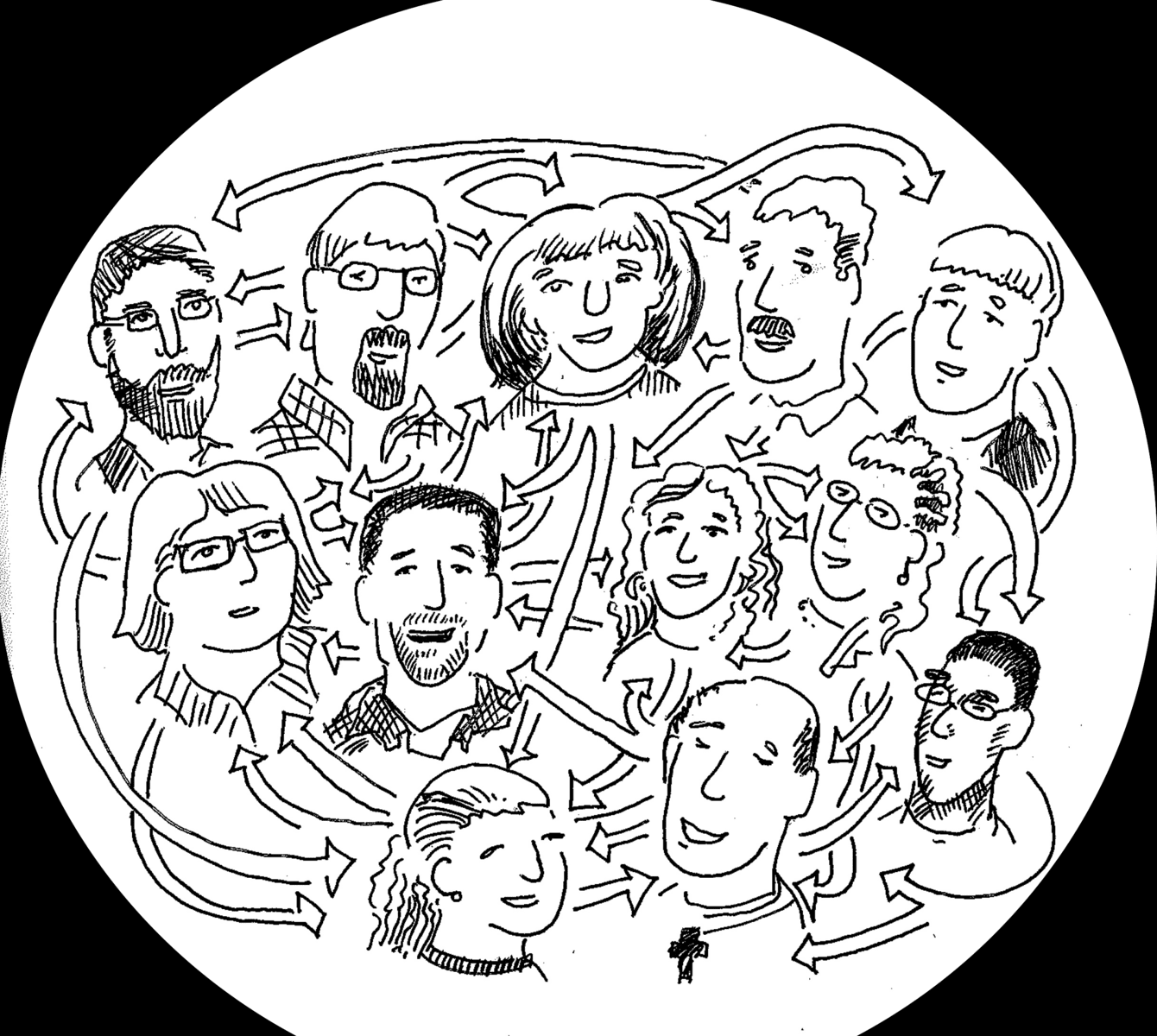A look at what happens when we’re willing to be misunderstood for the sake of love
We were a dozen participants, united in professing Christian faith, but representing a variety of sexual orientations and theological positions on same-sex sexual relationships. There were folks, both gay and straight, who hold a traditional view of sexuality, and other folks, both straight and gay, who affirm same-sex sexual relationships. The genius of the Oriented to Love dialogue was that we consciously avoided arguing about same-sex marriage and related issues. Instead, we took our differences on such things as a given and explored how we and our churches could do a better job of loving and respecting each other and, most importantly, how we and our churches could better care for LGBTQ people.

I don’t know that I have ever been part of a group of people who fell to loving each other so quickly and so intensely as we did that weekend. I don’t entirely understand how it happened (in fact, I doubt we could have accomplished it if we had been consciously trying to do so), but I thank God for it. In most cases, you cannot expect to challenge someone’s deeply held beliefs in a way that will accomplish anything of lasting benefit unless that person truly believes that you love her or him. Only with a basis in relationship do you earn the right to speak into that person’s life. And we did indeed use our bonds of love as an opportunity to have some very challenging conversations.
I remain convinced that the only marriages ordained by God are between a man and a woman, but I also have a keen sense that evangelical Christians (the only church family for whom I can speak personally) have much room for improvement in our ministry to LGBTQ persons. How can we speak so that our words express a spirit of the love of Jesus, rather than a spirit of anger and disapproval? How can we make our congregations into places where people can openly share their experiences and struggles, confidently expecting not rejection but faithful friendship? How can we help our unmarried brothers and sisters (both gay and straight) to find a life of connectedness in which they can freely give and receive love?
The greatest accomplishment of Oriented to Love for me was to take the debate out of the realm of abstractions and labels and to put a human face on it. As I prepared for the dialogue by reading the biographical and theological information that each participant had supplied, I felt quite ready for adversarial exchanges with several of them.
But all that melted away when we embraced each other face-to-face. I realized that, while it may still be true that I find their positions on some matters to be problematic (as they do mine), it is generally not my job to correct them; rather, that is God’s job, and I must entrust these brothers and sisters to God’s ultimate care. Of course we must be faithful to teach the Scriptures, especially when asked, but sometimes we must be willing to be misunderstood for the sake of love. When I prayerfully place these concerns firmly into God’s hands, the way is then clear for us to explore ways in which we can learn from each other’s perspectives and/or to explore how we can work together towards goals on which we do agree.
Matt is a professional scientist and an elder in a conservative evangelical church.



One Response